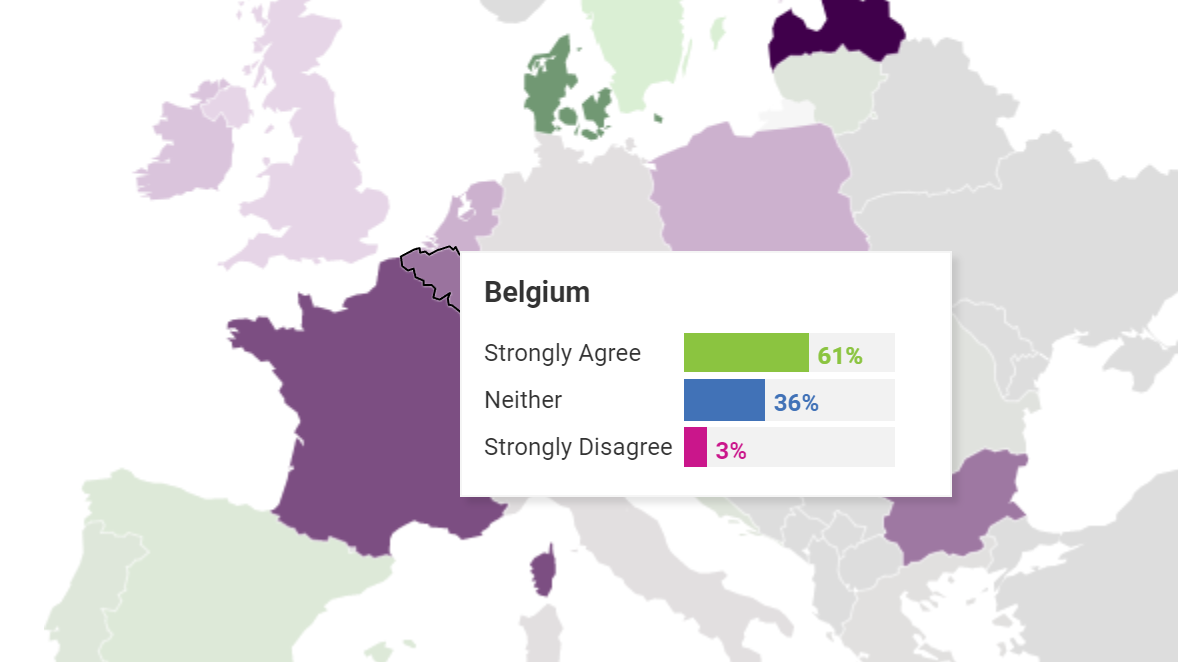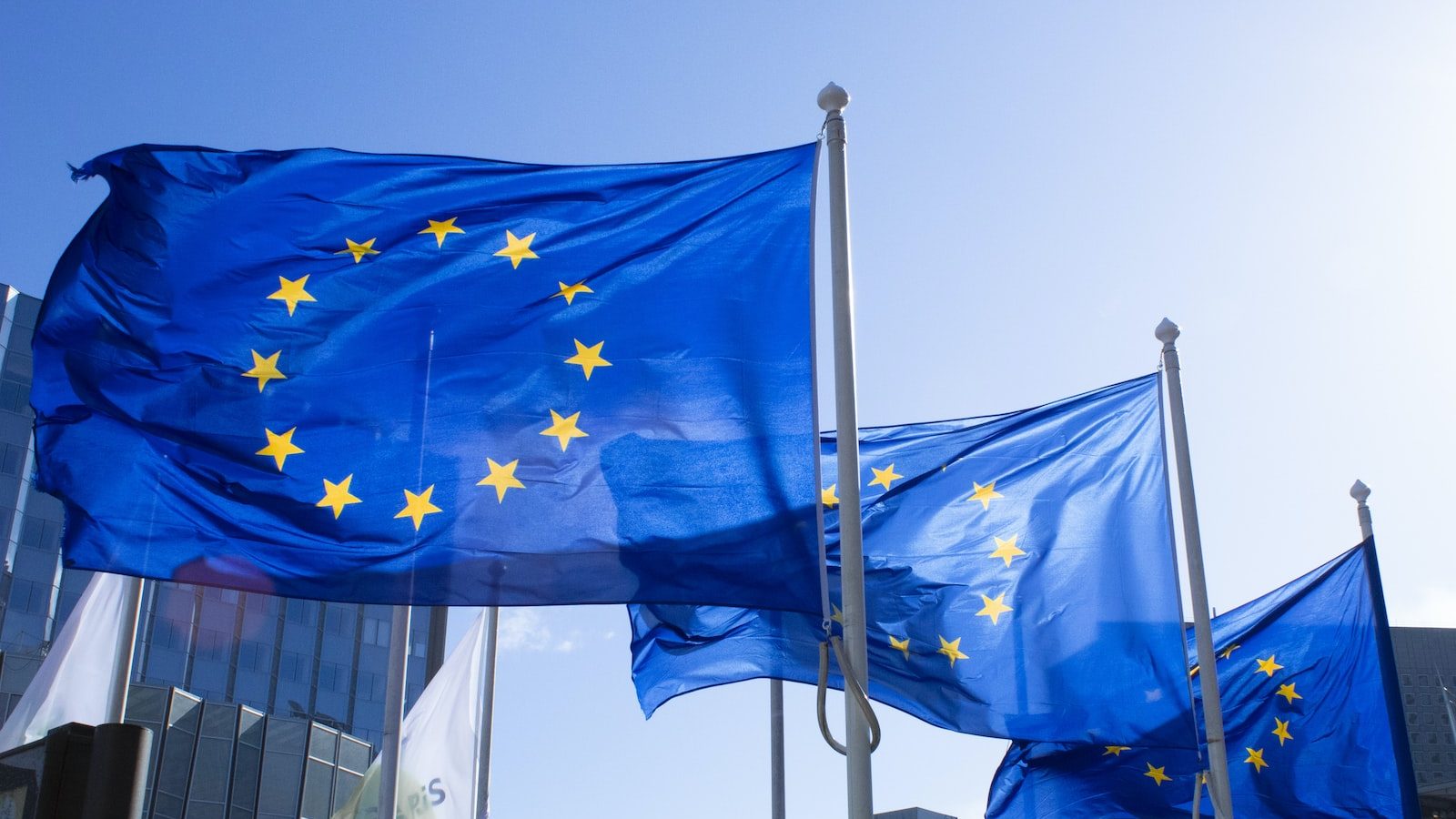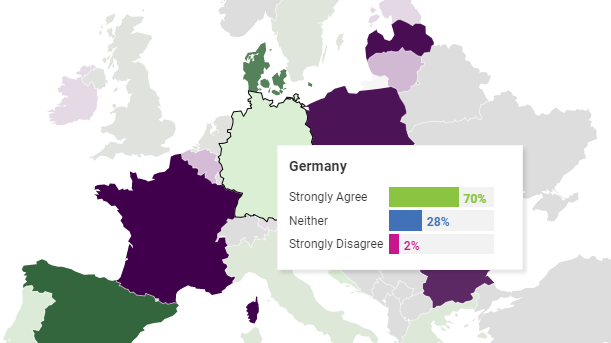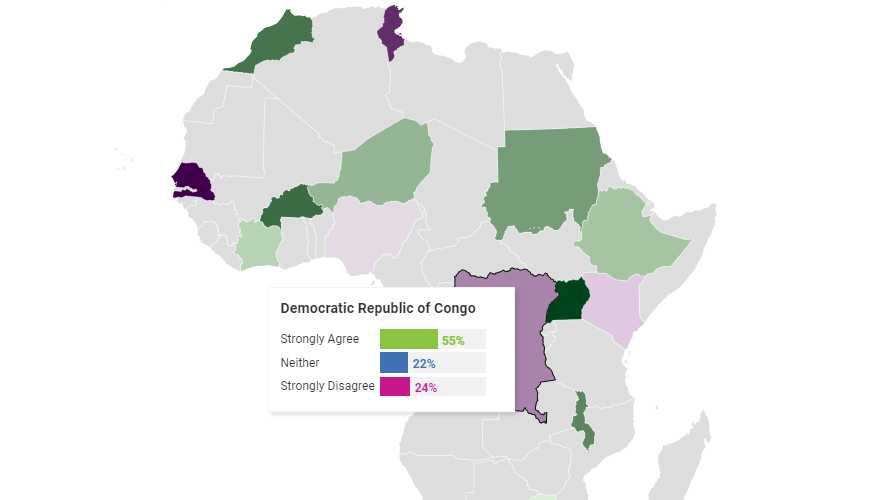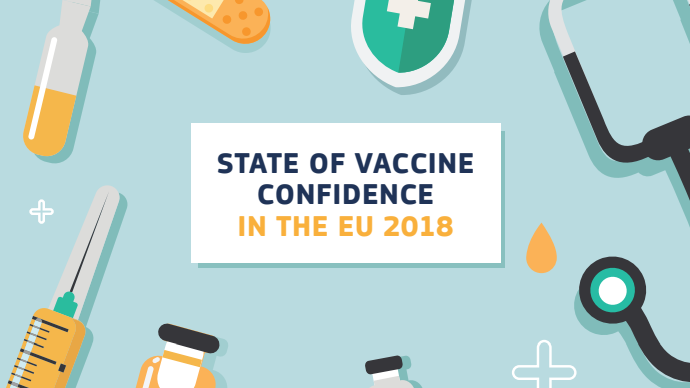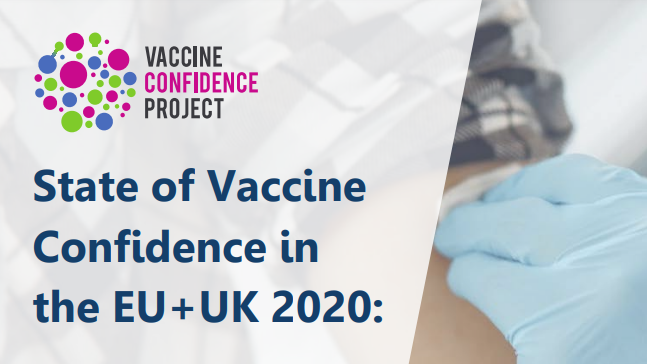In this study we assessed the overall state of confidence in vaccines among the public in all 27 EU member states (as well as the UK) and among general practitioners (GP) in ten EU member states in 2018.
As vaccine confidence varies by vaccine, confidence is assessed for vaccines in general as well as for the measles and seasonal influenza vaccines, in order to reflect vaccines targeting different population groups. Confidence in (and demand for) vaccines is influenced by a number of factors, including the importance, safety, and effectiveness of vaccines.
Findings
We report a number of key findings. We find that most age groups under 65 surveyed have less confidence in the safety and importance of both the MMR and seasonal influenza vaccines (and vaccines generally) than over 65’s. The results of the survey suggest that a number of member states – including France, Greece, Italy, and Slovenia – have become more confident in the safety of vaccines since 2015; while the Czech Republic, Finland, Poland, and Sweden have become less confident over the same period.
Importance
Percentage of people who strongly agree that vaccines are important. “Neither” encompasses “Do not know”, “No Response”, “Tend to agree” and “Tend to disagree”.
Percentage of people who agree that vaccines are important, by country, gender and age.
Safety
Percentage of people who strongly agree that vaccines are safe. “Neither” encompasses “Do not know”, “No Response”, “Tend to agree” and “Tend to disagree”.
Percentage of people who agree that vaccines are safe, by country, gender and age.
Effectiveness
Percentage of people who strongly agree that vaccines are effective. “Neither” encompasses “Do not know”, “No Response”, “Tend to agree” and “Tend to disagree”.
Percentage of people who agree that vaccines are effective, by country, gender and age.
